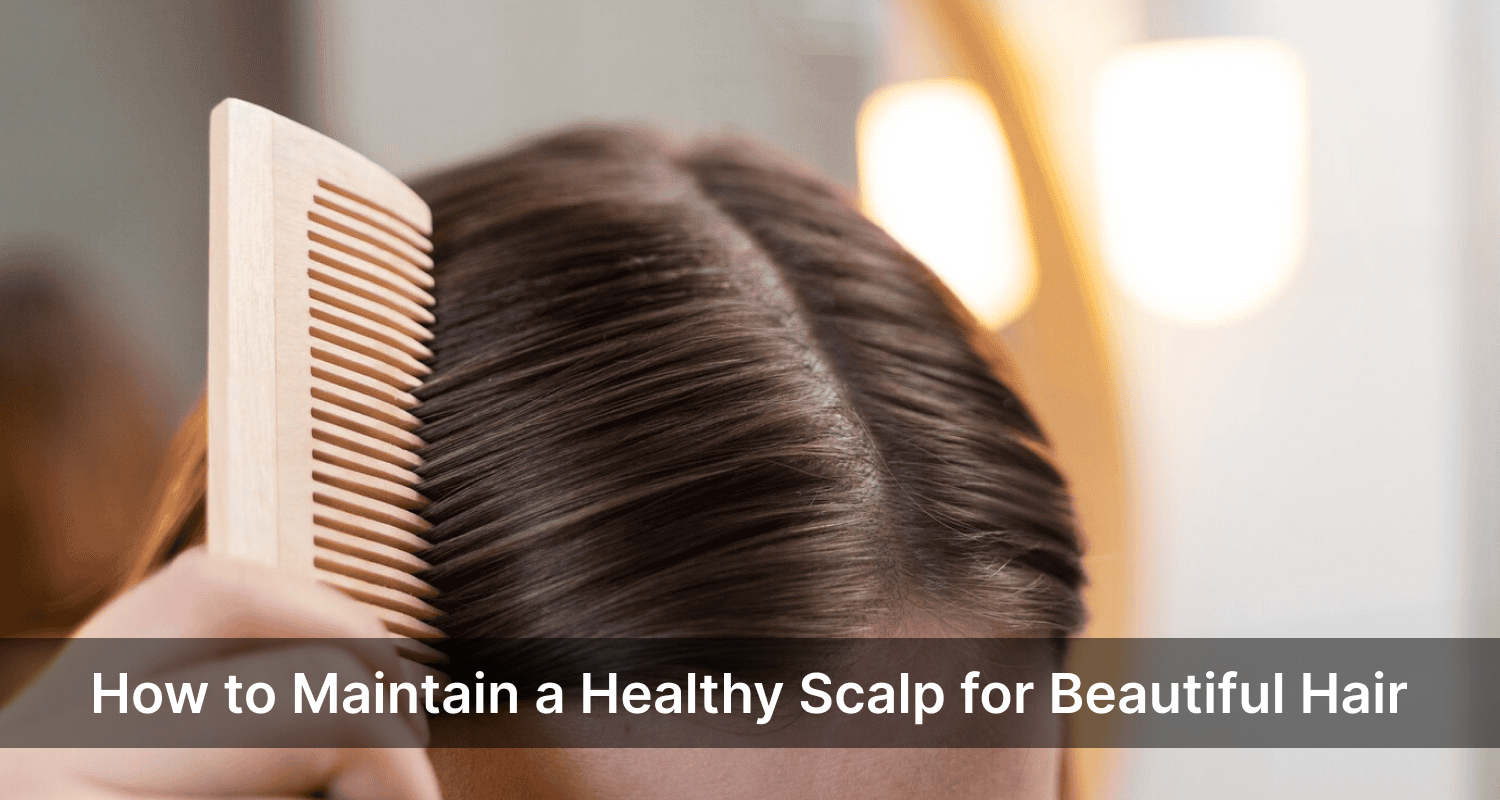Introduction
If you’ve been chasing the dream of picture-perfect hair, you might be missing a key piece of the puzzle – your scalp health! A healthy scalp is the foundation of beautiful hair, yet it’s often overlooked. This blog will walk you through why scalp health is crucial and how to keep it in tip-top shape. Ready to transform your hair care routine? Let’s dive in!
In this blog, we’ll explore:
- Why scalp health is essential for beautiful hair.
- Top tips for maintaining a healthy scalp.
- Common scalp issues and how to avoid them.
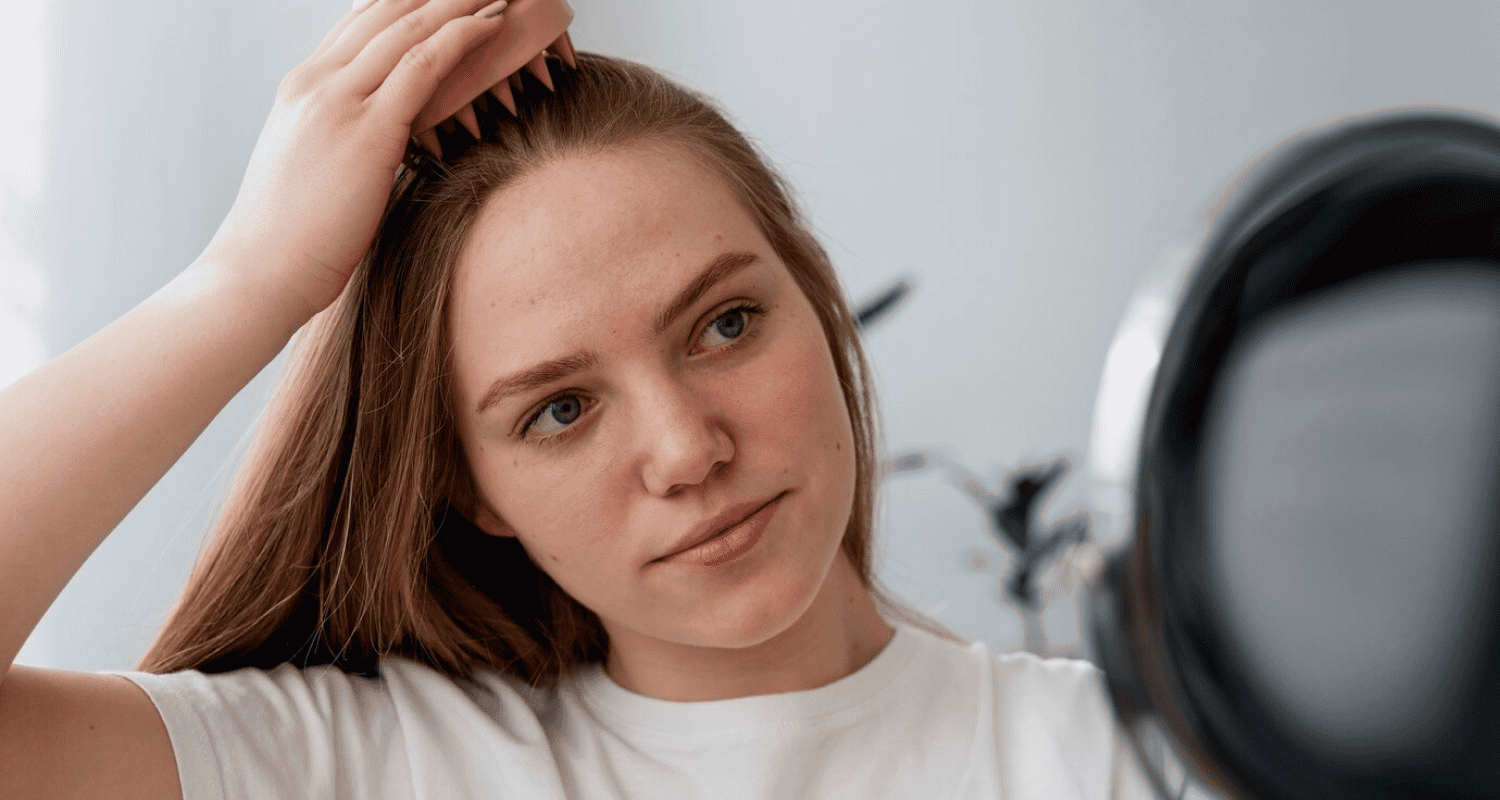
Why Scalp Health is Essential
A healthy scalp is like fertile soil for a garden; it’s the foundation from which healthy, strong hair grows. The scalp contains sebaceous glands that produce oil to keep the hair moisturized and protected. However, an imbalance in this natural oil production can lead to various hair issues, such as dryness, oiliness, dandruff, and even hair loss. That’s why paying attention to scalp health is not just a good-to-do—it’s a must!

Top Tips for Maintaining a Healthy Scalp
1.Keep it Clean but Not Too Clean
Finding the right balance in washing your hair is crucial. Over-washing can lead to dry, irritated skin because it strips away the natural oils that protect your scalp and hair. Conversely, washing too infrequently can result in product buildup and oil accumulation, which can clog pores and exacerbate issues like dandruff. Aim for washing your hair every other day if it’s oily, and cut back to two times a week if your hair is dry or normal. Remember to massage your scalp gently with your fingertips, not nails, to boost circulation and promote healthy hair growth.
2.Use the Right Products
It’s essential to select hair care products that are suited to your specific scalp condition. For example, those with shampoo good for scalp should opt for gentle, fragrance-free products. Organic and natural products can also be kinder to your scalp treatment than those filled with chemicals. Look for key ingredients like tea tree oil and salicylic acid if dandruff is an issue, or hydrating ingredients like coconut oil and shea butter for dry scalps.
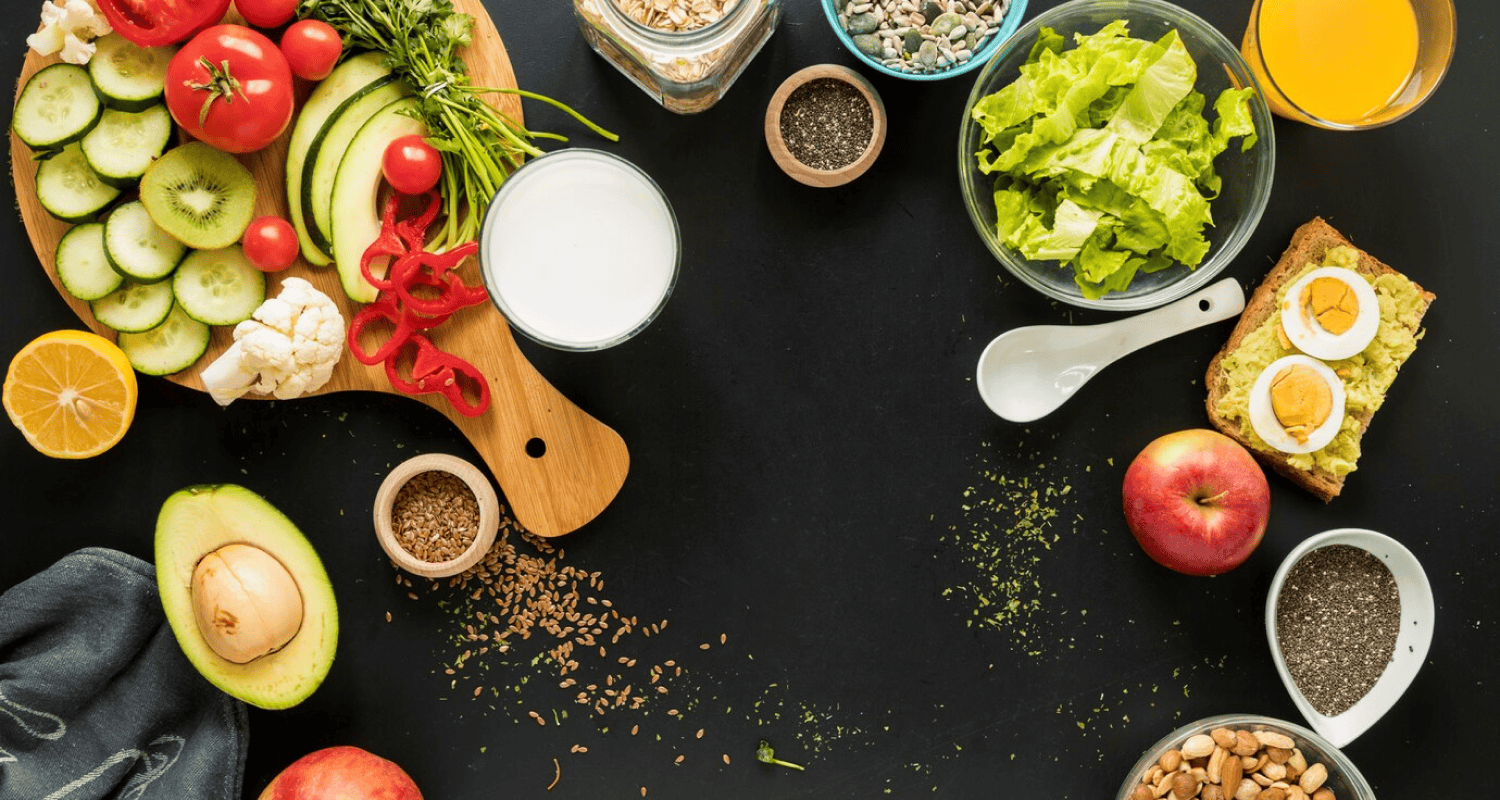
3.Maintain a Healthy Diet
Your hair’s health is directly tied to what you eat. Consuming a diet rich in antioxidants can help fight oxidative stress that affects your scalp negatively. Foods high in vitamin C (like oranges and peppers), vitamin E (like almonds and spinach), and beta carotene (like sweet potatoes and carrots) support scalp circulation and reduce damage from free radicals. Protein is also essential for hair growth, so make sure to include ample amounts of lean meats, fish, beans, and nuts in your diet.
4.Manage Stress
High stress levels can lead to several scalp problems, including telogen effluvium (a temporary hair loss condition), dandruff, and oily scalp. Techniques such as yoga, meditation, regular physical activity, and sufficient sleep can significantly reduce stress. Consider integrating stress management routines into your daily life to not only improve your scalp health but also enhance your overall wellbeing.
5.Avoid Tight Hairstyles
Tight hairstyles like ponytails, braids, and buns can pull on your hair follicles and cause stress and damage over time, potentially leading to conditions like traction alopecia. Try to wear your hair down as often as possible, or opt for looser styles that don’t put excessive tension on your scalp. When using hair ties, choose ones that are snag-free and soft to minimize pulling and breakage.
By integrating these focused tips into your scalp care routine, you can significantly improve the health of your scalp, paving the way for stronger and more beautiful hair. Remember, consistency is key in any hair care routine. So, keep up with these practices regularly, and you’ll likely see improvements in both the feel and appearance of your hair and scalp treatment!
Common Scalp Issues and How to Avoid Them
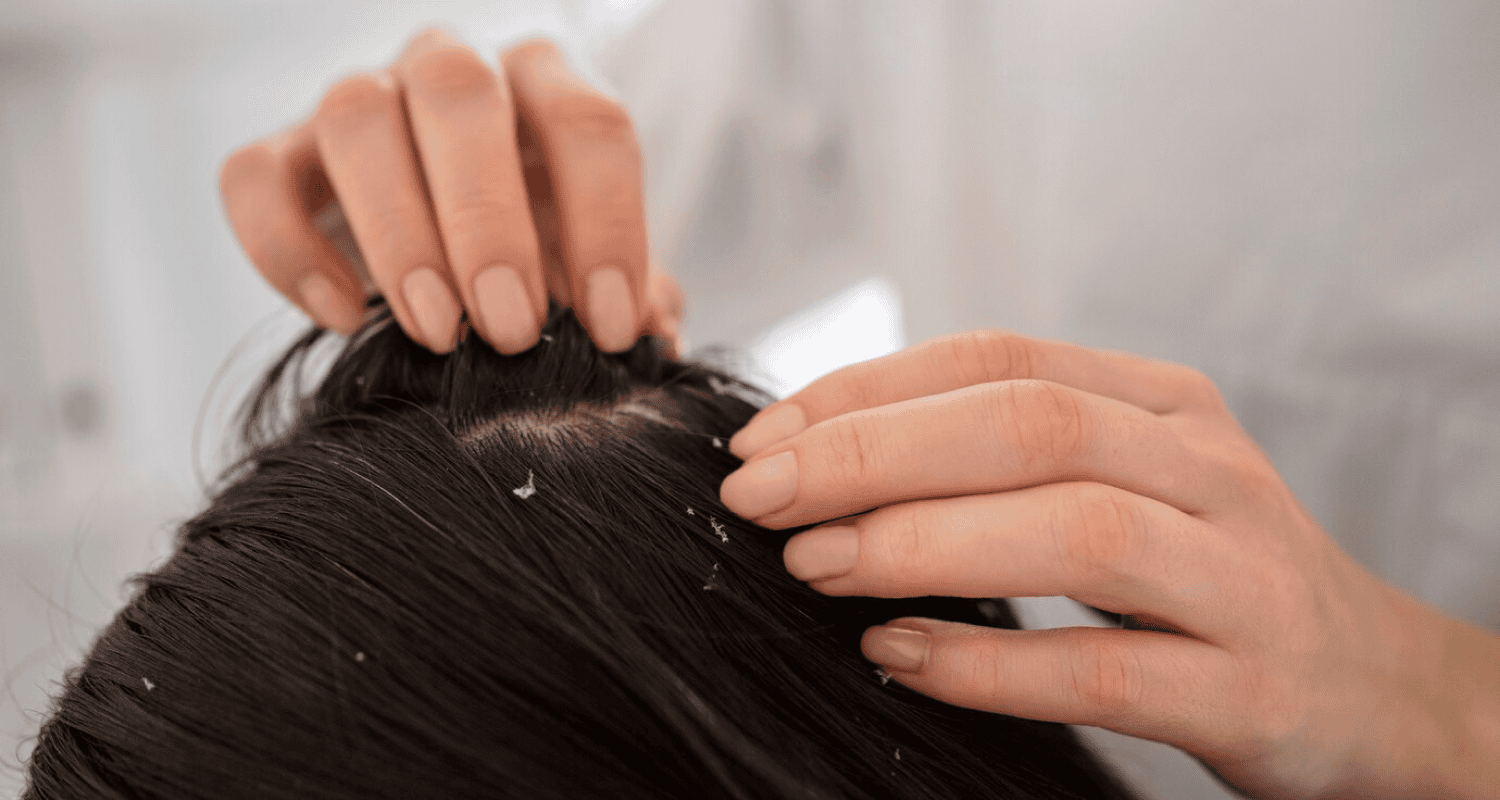
Dandruff
Causes: Dandruff is caused by an excess of skin shedding from the scalp, often due to fungal growth (like Malassezia), oily skin, or sensitivity to hair care products.
Prevention and Management:
- Use Anti-Dandruff Shampoos: Look for shampoos containing active ingredients like zinc pyrithione, selenium sulfide, ketoconazole, or coal tar. These ingredients help reduce fungal growth and skin turnover.
- Scalp Hygiene: Regular washing with gentle massaging helps prevent oil buildup and keeps the scalp clean.
- Manage Stress: Stress can exacerbate dandruff, so incorporating stress-reduction techniques can be beneficial.
- Diet: Include more zinc, omega-3 fatty acids, and B vitamins in your diet to help manage dandruff from within.
Dry Scalp
Causes: A dry scalp can be the result of cold, dry air, excessive heat from hair dryers, and harsh hair products.
Prevention and Management:
- Moisturizing Treatments: Use shampoos and conditioners that add moisture to your scalp. Ingredients like aloe vera and coconut oil are beneficial.
- Limit Heat Styling: Reduce the use of blow dryers, flat irons, and curling irons, which can exacerbate dryness.
- Humidifier: Using a humidifier in dry climates or during winter can help maintain moisture levels in the air and benefit your scalp.
- Hydration: Drinking plenty of water helps hydrate your skin from the inside out, benefiting your scalp too.
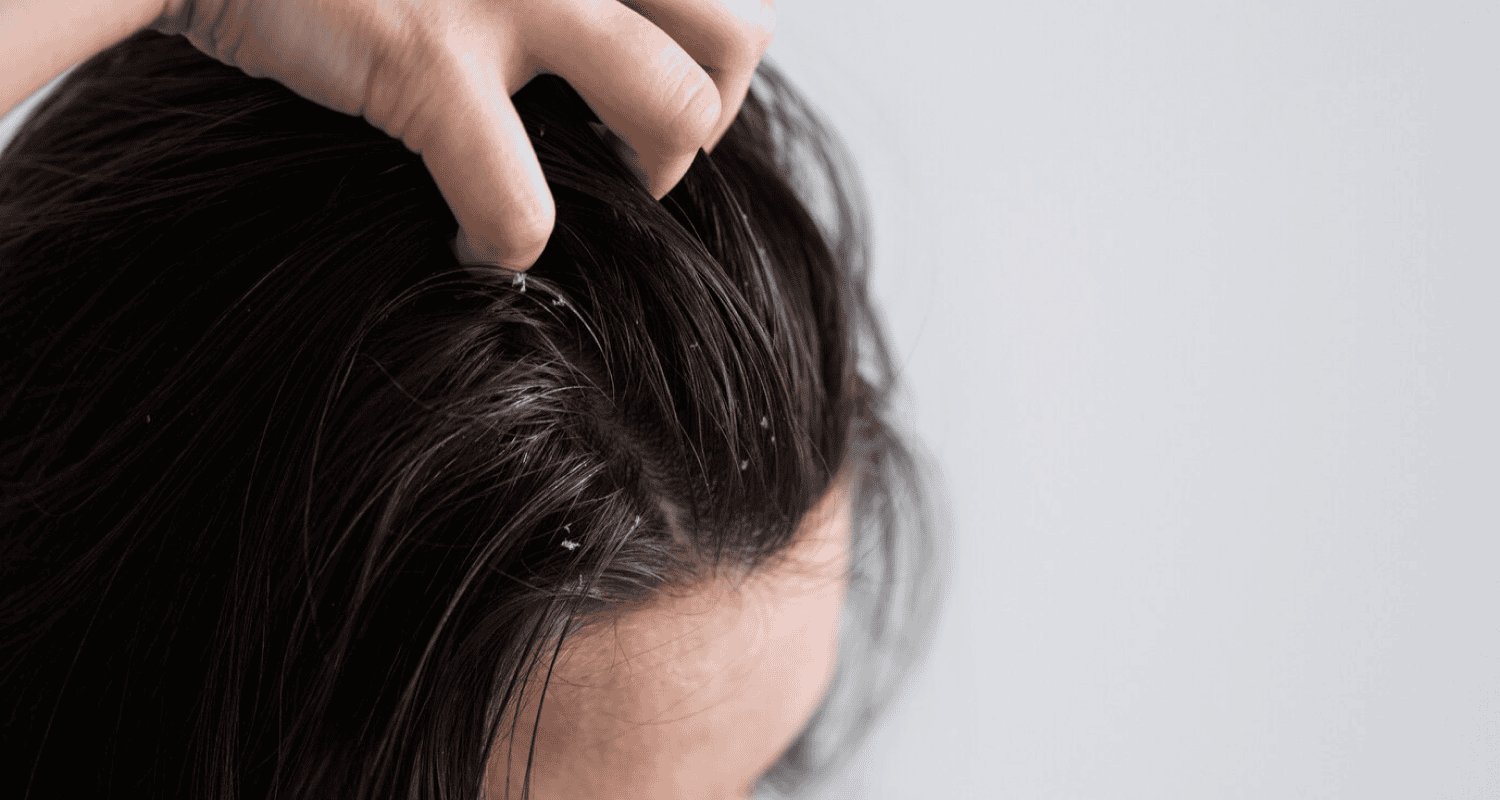
Oily Scalp
Causes: An oily scalp is often the result of overactive sebaceous glands, which can be caused by genetics, hormonal imbalances, or poor hair care.
Prevention and Management:
- Regulate Washing: While it might seem counterintuitive, washing your hair less frequently can actually help reduce oil production. Over-washing can stimulate additional oil production.
- Choose Proper Products: Use shampoos formulated for oily hair. Avoid products that are overly hydrating or meant for dry hair.
- Avoid Heavy Styling Products: Waxes, creams, and serums can weigh down hair and contribute to oil buildup. Opt for lighter products like mousses or sprays.
By understanding the underlying causes of these common scalp issues and implementing targeted preventive measures, you can maintain a healthier scalp. Whether it’s adjusting your hair care routine, changing your diet, or managing stress, small changes can make a significant impact on the health of your scalp and the quality of your hair.
Conclusion
Keeping your scalp healthy is a journey, not a destination. By integrating these tips into your daily routine, you’re setting the stage for not just healthier hair, but also for boosting your overall hair aesthetics and confidence. Remember, a little scalp love goes a long way towards achieving those dreamy locks!

